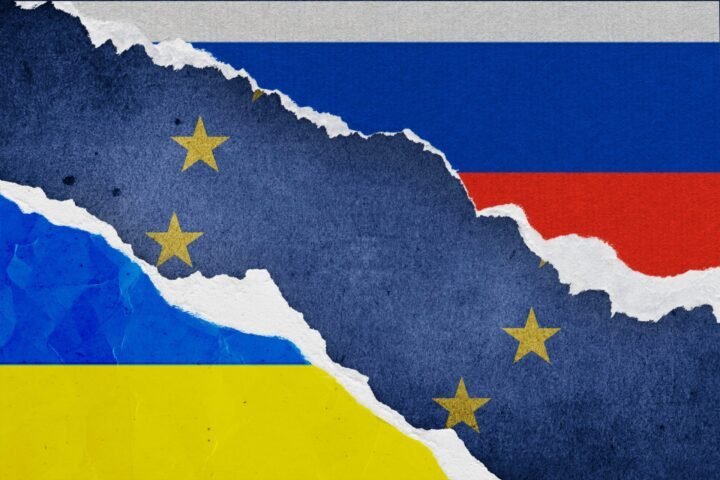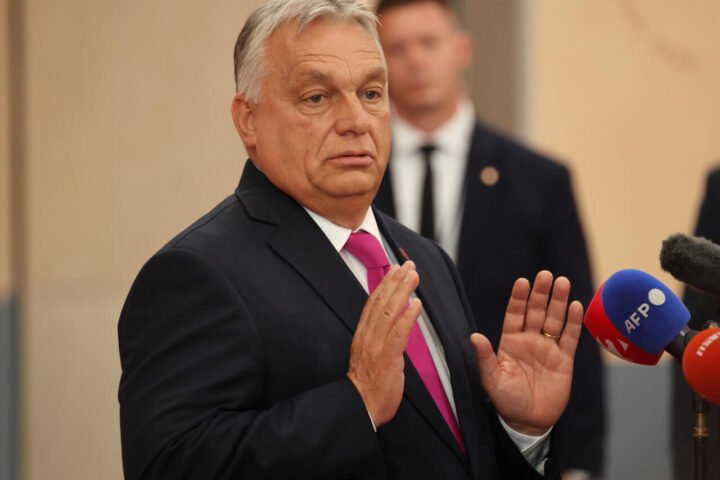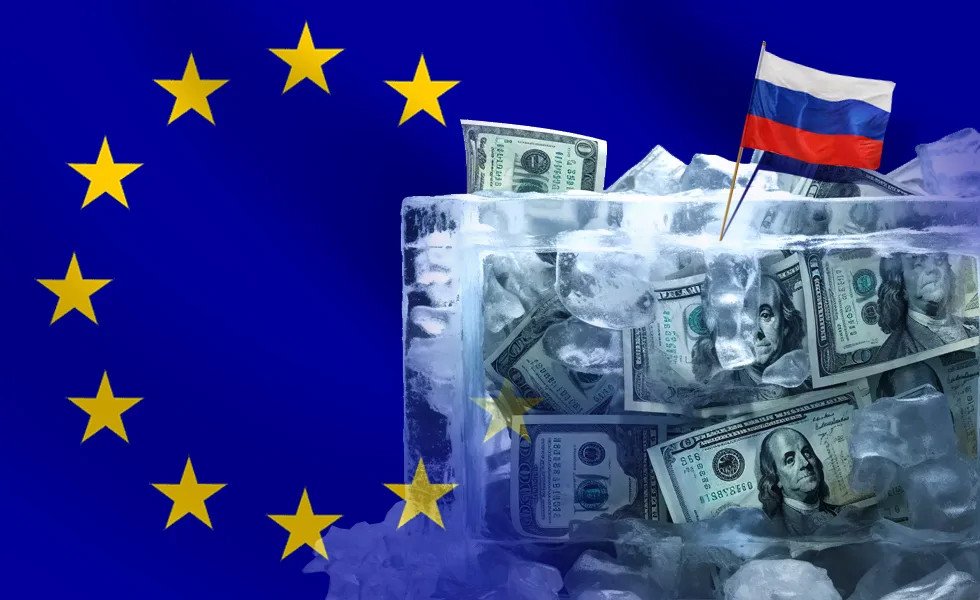BRUSSELS, June 25 — The European Union is moving toward approval of its 18th sanctions package against Russia this week, but internal resistance from Hungary and Slovakia threatens to delay the effort aimed at tightening pressure on the Kremlin amid its ongoing war in Ukraine.
The proposed sanctions package, expected to be discussed during the European Council summit on Thursday and Friday in Brussels, comes as part of the EU’s broader strategy to weaken Russia’s economic ability to sustain its military aggression. However, divisions within the bloc — particularly objections from Budapest and Bratislava — are testing EU unity at a critical juncture.
“We are waiting for the outcome of Thursday’s summit, and I believe talks will become much easier after that. We remain optimistic,” said Polish EU Affairs Minister Ignacy Niemczycki on Monday, June 24, as reported by Reuters.
Energy security tensions complicate EU consensus
Hungary and Slovakia have expressed strong concerns over the potential economic fallout of new sanctions, particularly measures targeting Russian energy exports. The EU has committed to phasing out Russian oil and gas imports by 2027, but both countries argue that their economies remain heavily reliant on these supplies and lack short-term alternatives.
Despite these concerns, other EU members have emphasized that energy dependence cannot justify weakening collective action against Moscow. Several governments warn that hesitancy or delay could embolden Russia, which continues its full-scale war in Ukraine for a fourth year.
Strategic urgency amid ongoing aggression
For the EU’s leadership, swift and united sanctions enforcement remains essential. Advocates of the new package argue that delays not only undermine the impact of sanctions but give Russia additional time and resources to recalibrate its war strategy.
“This is not just about Ukraine’s survival — it’s about the long-term security of Europe,” a senior EU diplomat said on condition of anonymity. “Fragmentation within the EU risks being exploited by Moscow.”
Critics point to a growing vulnerability in EU cohesion, as countries like Hungary and Slovakia — under Prime Ministers Viktor Orbán and Robert Fico, respectively — frequently push back on common EU policy toward Russia. Analysts warn that these internal frictions could set a dangerous precedent, giving the Kremlin leverage to fracture the sanctions regime from within.
Regional risk and the cost of delay
Delays in adopting new punitive measures could have broader security implications. With Russia continuing its military buildup and testing NATO’s eastern flank, failure to act decisively may increase the risk of conflict escalation beyond Ukraine, particularly in the Baltic states.
Several member states are urging accelerated action, citing the mounting humanitarian and strategic costs of the war. The need for solidarity in response to Russian aggression has become a core pillar of the EU’s foreign policy, and any hesitancy, they argue, sends the wrong signal — both to Kyiv and to the Kremlin.
Calls for responsibility and long-term resilience
The standoff also underscores the EU’s ongoing struggle to balance national economic concerns with shared security imperatives. Energy diversification and reduced dependence on Russian fossil fuels are seen as long-term solutions, but progress remains uneven across the bloc.
Diplomats stress that national interests must not outweigh regional security, particularly as the cost of inaction grows. “Blocking sanctions now is not a neutral choice — it enables continued violence,” one EU official told Politico Europe.
As negotiations continue behind closed doors this week, Brussels hopes to secure a compromise that will allow the 18th sanctions package to be formally adopted by Friday. Failure to do so could expose deepening cracks in the EU’s common foreign policy — and embolden the very threat it seeks to contain.










